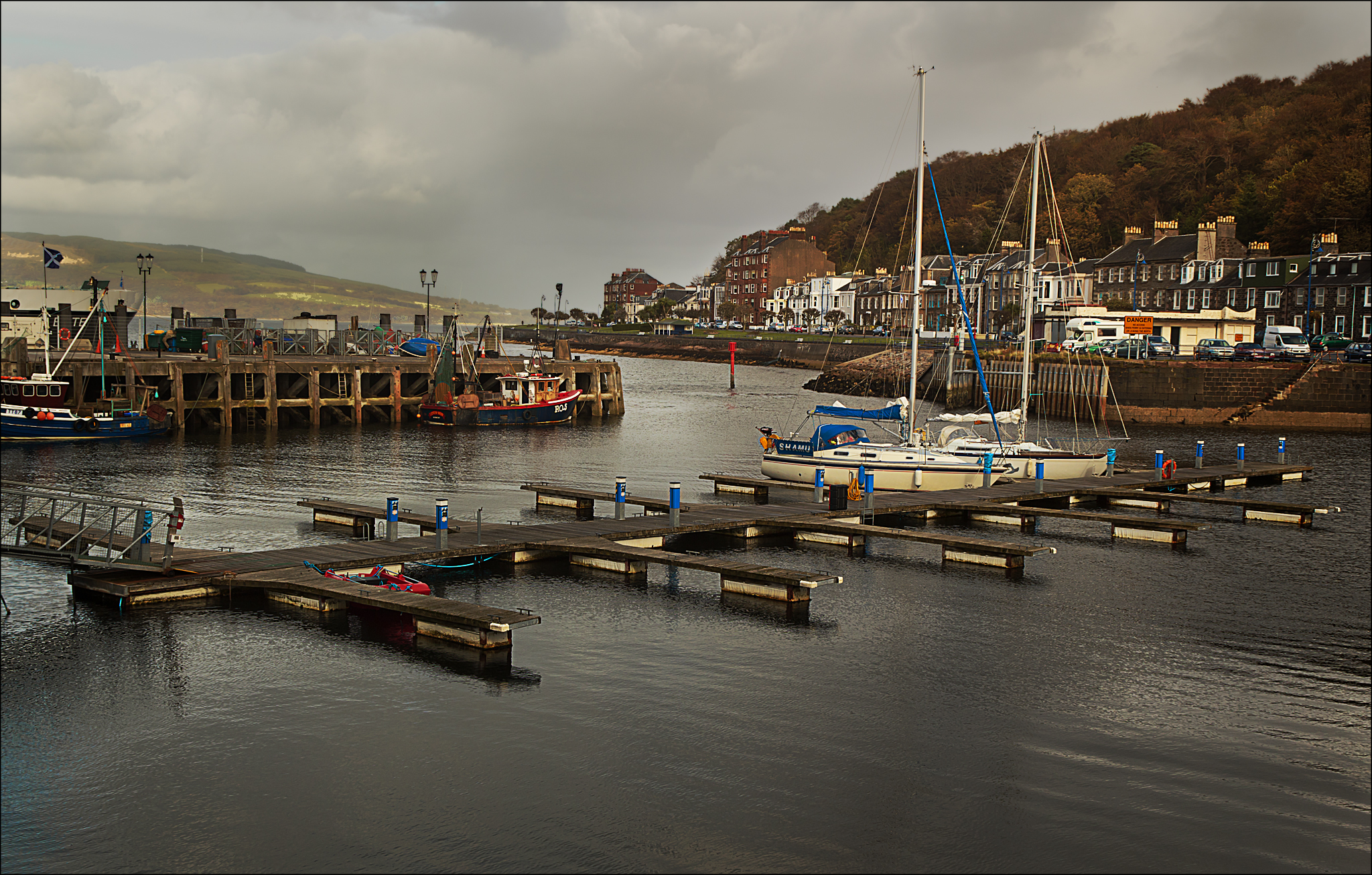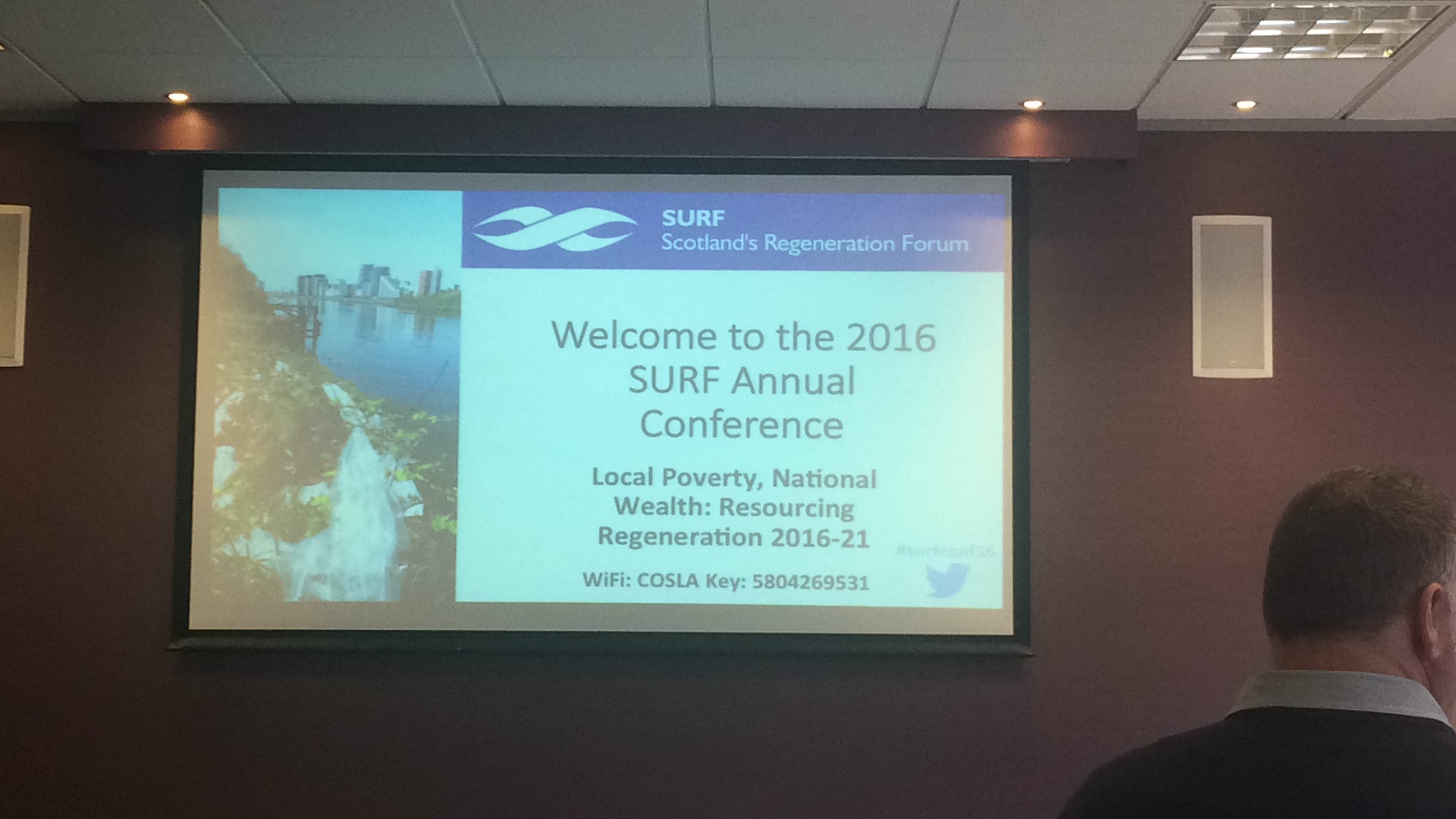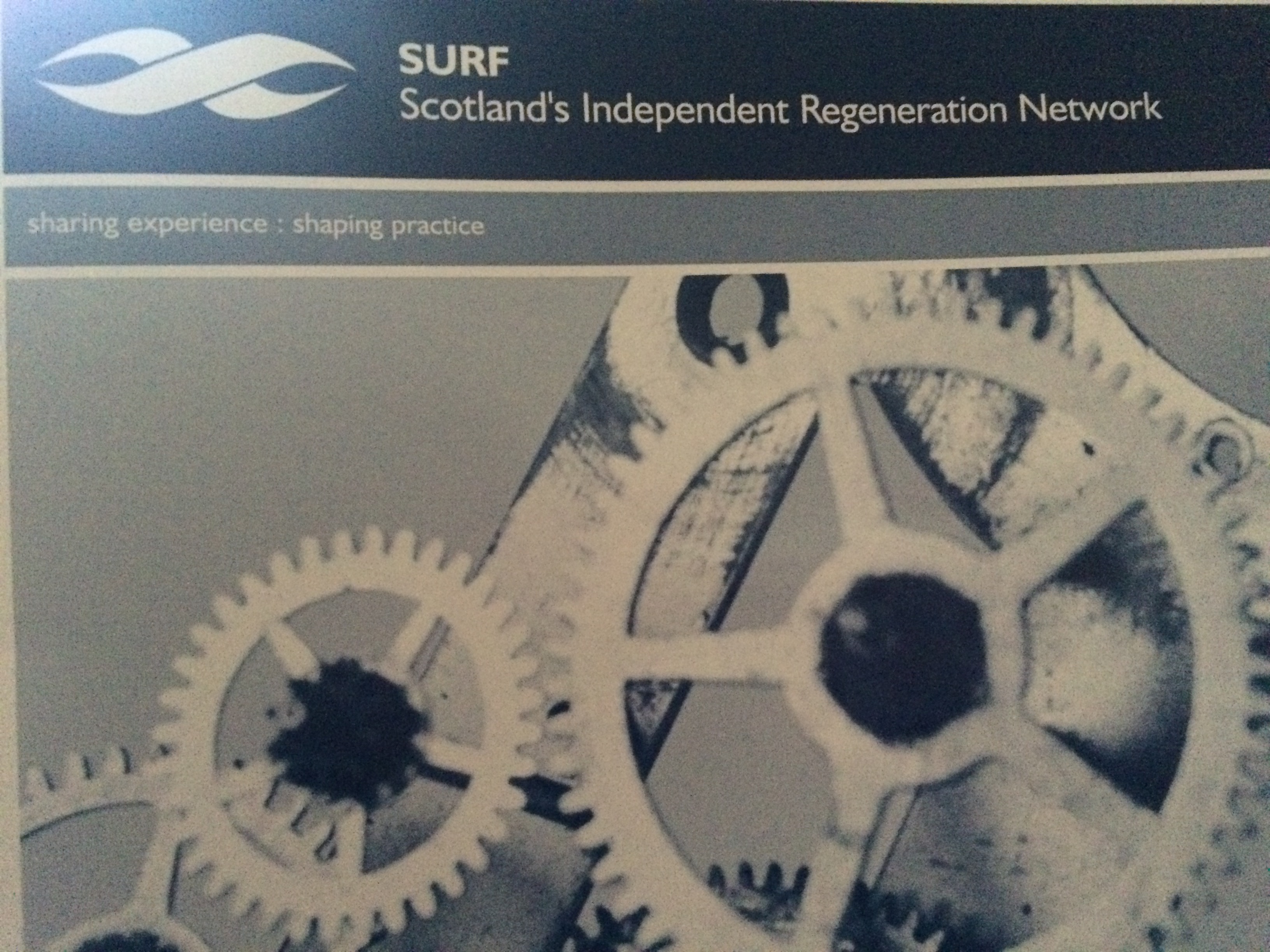The annual SURF conference took place in Edinburgh on the 1st September 2016. The theme for this year’s conference was Local poverty, national wealth: resourcing regeneration. Delegates came from a range of organisations across Scotland, including local authorities, the Scottish Federation of Housing Associations, COSLA, Creative Scotland, Skills Development Scotland and Transport Scotland. Speakers on the day included director of the Common Weal, Robin McAlpine, Minister for Local Government and Housing, Kevin Stewart MSP, Fiona Duncan from Lloyds TSB Foundation Scotland and Sandra Marshall coordinator and community activist from Leith Hub.
Building resilient and equal communities through regeneration
The conference focused on connecting policy, practice and people within communities to promote effective regeneration of spaces to reduce inequality. One of the recurring themes of discussion throughout the day was the localisation of power and services, allowing local communities the ability to plan and decide the best way to regenerate their local area. Other general themes discussed during the day included finance, infrastructure to facilitate regeneration at a local level, and how to create a network of support and integrate professional knowledge to support community regeneration plans. Revisiting a theme from last year’s conference, cooperation with communities rather than imposition of regeneration, formed the backbone of discussion for the day.
Economic planning is key to reducing inequality and promoting regeneration
The first session of the day focussed on the policy and economic context around regeneration and reducing inequality. It was suggested in the opening remarks that there needs to be effective development and investment where people live- that poverty and inequality lead to degeneration, and that both must be tackled in order to facilitate effective regeneration of an area. In a way the two are not mutually exclusive: regeneration can help to alleviate poverty and inequality, but in order for regeneration to be as effective as possible, poverty and inequality should be eradicated as far as possible.
As well as this abstract macroeconomic debate delegates and panellists discussed locality based funding, including cooperatives. Panellists suggested that in Scotland the problem is not a lack of money, but a lack of effective distribution of resources. They also discussed how to reduce the gap between the lived experience of communities and what politicians think lived experience is. These insights were put into poignant context by panellist Sandra Marshall, who discussed her own personal struggles, and those of others she has helped in her community of Muirhouse in Edinburgh.
Tackling inequality is high on the agenda of the current Scottish Government, something which was emphasised during the panel session by Kevin Stewart MSP. Working at a community level and having the power to do so was also something which was highlighted as being vital to helping communities affect change through regeneration. Kevin Stewart highlighted the proposed decentralisation bill currently being discussed within the Scottish Parliament, which aims to give greater power to local communities to effect their own change.
Resourcing regeneration: the view from funders
There was a general consensus that funding is one of the key enablers, but also one of the biggest barriers to those who want to carry out community regeneration. The ease of access to funders and the ability to identify and engage with them was seen as a big barrier. Longevity of funding was also raised, with most funders donating grants for 3-5 years, despite acknowledging that many projects take longer to come to fruition. The second session of the day invited funders from major Scottish regeneration funding bodies: the Big Lottery Fund, Heritage Lottery Fund, Highlands and Islands Enterprise, Resilient Scotland, and the Scottish Government to present themselves and their funding options to delegates. Panellists were able to highlight their major funding schemes, how to apply and allow people the opportunity to chat directly with funders. The panellists also took part in a “funding cafe” exhibition which saw representatives from 20 of the major funding bodies in Scotland host stalls and interact with delegates.

Image by dun_deagh via Creative Commons
Making connections and sharing learning
During the afternoon session delegates were able to hear about the lessons from SURF’s Alliance for Action collaboration projects. The projects in Govan, Kirkcaldy, Rothesay and Dunoon highlight the work done by SURF and their partners in using regeneration to promote community cohesion and reduce inequality. Discussions focussed on the projects themselves, how they were implemented, the challenges, barriers and differences in each of the projects, particularly in relation to scale, and the impacts and outcomes they produced. They also discussed how the models used in each of the projects are sustainable and transferable, and considered the role of SURF as the intermediary body through which policy and practice can be merged to the benefit of communities.
A bold new vision for regeneration in Scotland
The final session of the day put forward some suggestions for the future of regeneration, in particular using regeneration as a tool to reduce inequality within Scotland’s communities. Panellists discussed alternative and innovative funding methods, including co-operative and community ownership models, the decentralisation of power to help improve community decision making and the importance of addressing systematic and structural themes which underpin inequality within our communities and hinders the process of regeneration.
The conference was a day filled with interesting and unique insights into the regeneration agenda and the impact it can have on reducing inequality within communities. It also provided a platform for discussion about the future potential for regeneration projects within communities. Speakers and delegates came from a variety of policy, practice and community backgrounds, which resulted in a wide ranging and thorough discussion about many different aspects of the regeneration agenda within Scotland.
Our popular Ask-a-Researcher enquiry service is one aspect of the Idox Information Service, which we provide to members in organisations across the UK to keep them informed on the latest research and evidence on public and social policy issues. To find out more on how to become a member, get in touch.
Follow us on Twitter to see what developments in public and social policy are interesting our research team.
Find out more about our Grantfinder Service – Europe’s leading provider of grants and policy information.
Share
Related Posts
Tackling geographical inequalities is critical for ensuring that all parts of the country have the potential to prosper. When the UK was a member of the European Union, it was entitled to a share of funding from the EU’s structural ....
By Ian Babelon A new-old concept for proximity “Are we there yet?” Parents may patiently nod to their children’s insistent nudges on a 20-minute journey to… somewhere. Quite rightly, researchers have asked: twenty minutes to what? The answer may well ....
By Ian Babelon In the first part of two blog posts, published on 22 May, Ian Babelon provided examples of good practice in retrofitting social housing. The second part of this blog post looks at estate-wide and area-wide social housing ....
By Ian Babelon In the first of two blog posts, Idox’s Ian Babelon takes us on a tour of some of the best social housing retrofits in Britain, and beyond. Blog posts on the Knowledge Exchange blog have repeatedly shown ....




